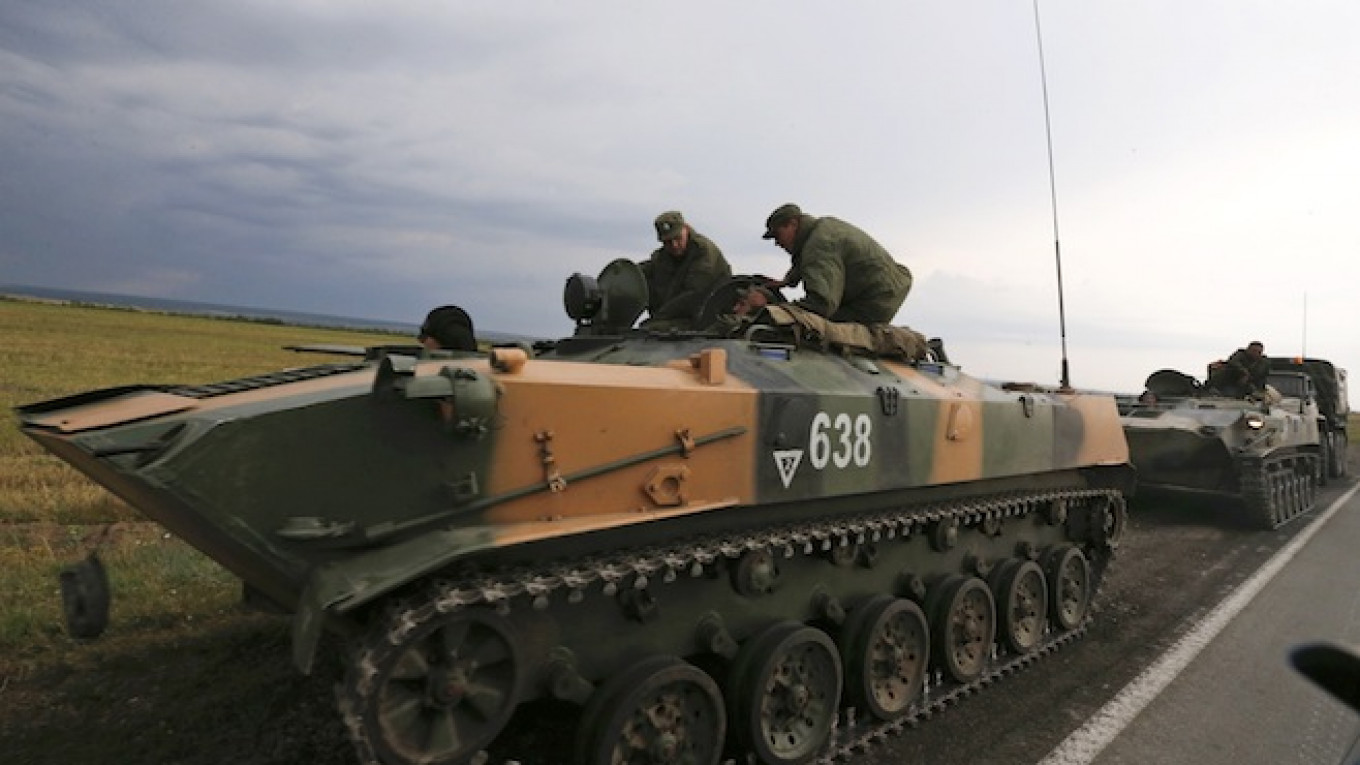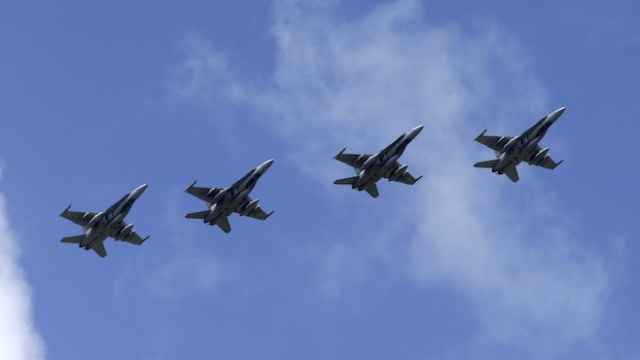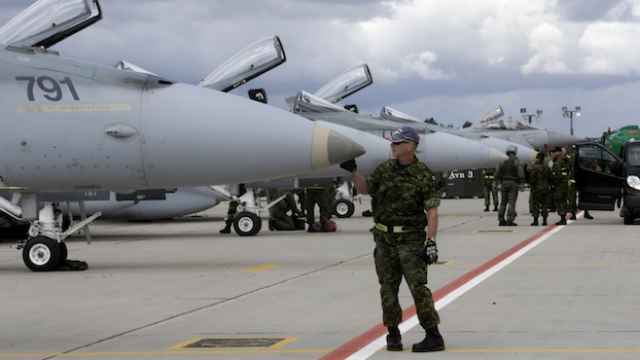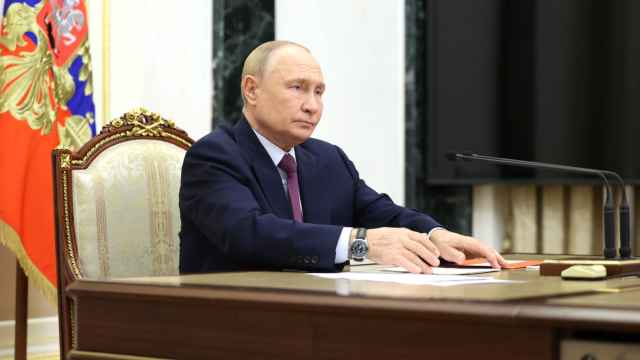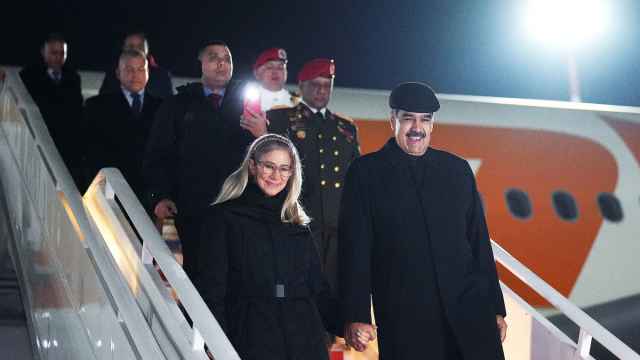Russia will update its military doctrine this year to take account of new threats including the Ukraine crisis, a Kremlin security aide said on Tuesday in forceful comments that highlighted a deepening standoff with NATO.
Mikhail Popov, deputy head of the Kremlin's advisory Security Council, told RIA news agency that changes were being drafted in the light of risks connected with the Arab Spring, the Syrian civil war and the conflict between the Ukrainian government and pro-Russian separatists in Ukraine.
The doctrine was last updated in 2010, when Russia identified NATO enlargement as a national threat and reaffirmed its right to use nuclear weapons if its existence was endangered.
Back then, Popov said, "a number of top officials accused the leadership of our country of old thinking and declared that NATO is not Russia's enemy and will never attack Russia."
"But is that the case?" he added. "They assured us of their good intentions, but the actions of recent years show something completely different."
In comments published two days before NATO holds a summit that will be dominated by the Ukraine crisis, Popov said Russia was the target of an unprecedented propaganda war.
"Russia is being deliberately painted as the enemy, and its political course is seen as new threat to NATO," he said.
"Hollow Denials"
Cold War foes for more than 40 years, Russia and NATO tried to build closer ties through a partnership program in the thaw that followed the collapse of the Soviet Union in 1991.
But relations later soured with the alliance's gradual eastward expansion, taking in three former Soviet republics and a clutch of countries that were once Moscow's allies in the communist Warsaw Pact.
Since the outbreak of the Ukraine crisis, Russia has beefed up its forces and stepped up exercises near the Ukrainian border, while NATO has conducted maneuvers in eastern Europe.
NATO Secretary-General Anders Fogh Rasmussen last week described as "hollow" Moscow's denials that it has sent troops and weaponry into Ukraine to rescue separatists from the brink of defeat and help them open a new front.
Russian Foreign Minister Sergei Lavrov said Tuesday that Ukraine's announcement last week that it would seek NATO membership was aimed at undermining efforts to end the conflict in the east of the former Soviet republic.
In a further development certain to upset Moscow, the Baltic state of Estonia, which borders Russia, said it wanted NATO to set up permanent bases on its territory.
RIA quoted Popov as saying: "We consider that the defining factor in relations with NATO remains the unacceptability for Russia of plans to move the military infrastructure of the alliance towards our borders, including via enlargement of the bloc."
He cited U.S. missile defense plans in Europe as a further danger to Russia's security. Washington says the aim is to defend against threats from countries like Iran, but Moscow says a U.S. missile shield could be used to neutralize its own missiles, upsetting the nuclear balance.
A Message from The Moscow Times:
Dear readers,
We are facing unprecedented challenges. Russia's Prosecutor General's Office has designated The Moscow Times as an "undesirable" organization, criminalizing our work and putting our staff at risk of prosecution. This follows our earlier unjust labeling as a "foreign agent."
These actions are direct attempts to silence independent journalism in Russia. The authorities claim our work "discredits the decisions of the Russian leadership." We see things differently: we strive to provide accurate, unbiased reporting on Russia.
We, the journalists of The Moscow Times, refuse to be silenced. But to continue our work, we need your help.
Your support, no matter how small, makes a world of difference. If you can, please support us monthly starting from just $2. It's quick to set up, and every contribution makes a significant impact.
By supporting The Moscow Times, you're defending open, independent journalism in the face of repression. Thank you for standing with us.
Remind me later.


